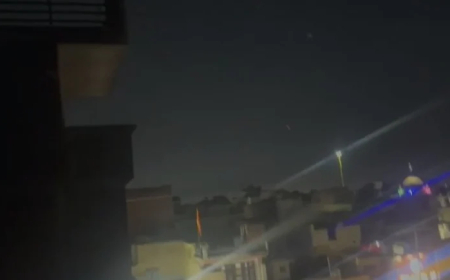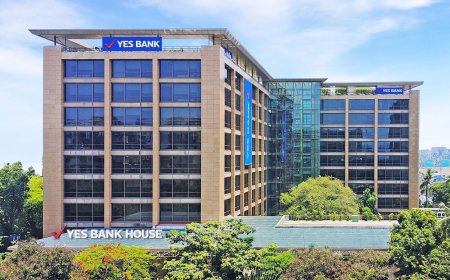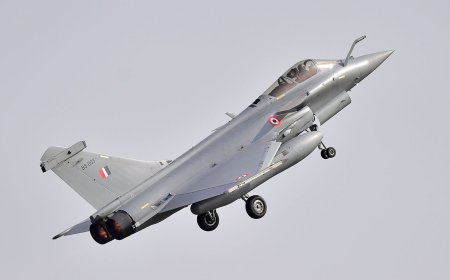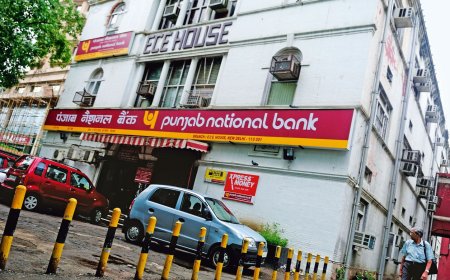Bengaluru Metro onboards ONDC; tickets available on Telegram, Namma Yatri, Rapido, others
Bengaluru Metro integrates with ONDC, enabling metro ticket bookings through Telegram, Namma Yatri, Rapido, and more. A game-changer in India's urban mobility.
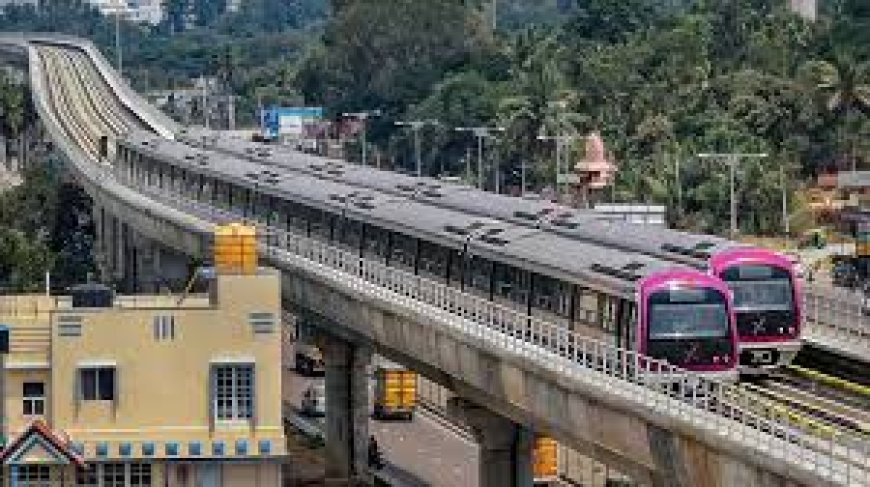
Bangalore, July 8, 2025 — In a significant step towards digital transformation and commuter convenience, the Bengaluru Metro Rail Corporation Limited (BMRCL) has joined hands with the Open Network for Digital Commerce (ONDC). Commuters can now seamlessly purchase metro tickets through various third-party apps such as Telegram, Namma Yatri, Rapido, and others. The move is being hailed as a game-changer in urban transit and digital commerce integration.
A Step Towards Seamless Mobility
The initiative aims to integrate public transport services into the growing ONDC ecosystem, making ticketing more accessible and user-friendly. By leveraging popular digital platforms, BMRCL seeks to improve the ease of access for millions of daily commuters across the city. With this onboarding, Bengaluru Metro becomes one of the first urban transport systems in India to leverage ONDC for ticketing services.
“This is not just a tech upgrade; it's a paradigm shift,” said Anjum Parwez, Managing Director of BMRCL. “We are now offering commuters the flexibility to book metro tickets using platforms they are already familiar with. This ensures more inclusivity, accessibility, and convenience.”
How It Works
With ONDC integration, users no longer need to rely solely on the official Namma Metro app. Instead, tickets can now be booked through:
-
Telegram Bot – A chatbot interface allows users to buy tickets in just a few steps.
-
Namma Yatri – Already a popular auto-booking app, it now offers metro tickets.
-
Rapido – The ride-hailing app now enables ticket booking for metro rides, making end-to-end urban mobility more integrated.
-
Other ONDC-enabled platforms – Including Paytm and Mystifly, which are set to roll out services soon.
All purchases will be made through UPI or other supported digital payment methods. Once booked, QR-code-based tickets are generated and can be scanned at entry gates—eliminating the need for physical tickets or smart cards.
Market Context: Digitization of Urban Transport
India's urban mobility landscape is evolving rapidly with the Digital India initiative and the proliferation of UPI-based payments. As metro systems across cities look for smart solutions to scale user experience, BMRCL’s move aligns perfectly with the larger vision of integrated multimodal transport.
According to a report by NITI Aayog, urban India is expected to see a 35% increase in public transport demand by 2030, necessitating more digitally inclusive infrastructure. ONDC, being a government-backed initiative, is aiming to democratize e-commerce and now urban mobility services as well.
Analyst Viewpoint
Experts believe that this integration could significantly increase ridership and operational efficiency.
“Ticketing friction has long been a challenge for metro commuters, especially those who don’t frequently use public transport apps,” said Anil Taneja, Senior Tech Analyst at IIFL Securities. “By embedding services into mainstream platforms like Telegram and Rapido, BMRCL is essentially going where the users already are. This could potentially increase daily ridership by 10–15% over the next two quarters.”
Additionally, ONDC’s modular and interoperable infrastructure is expected to reduce platform dependency, minimizing operational costs and enabling smoother third-party collaborations.
Commuter Feedback & Early Adoption
Initial commuter feedback has been overwhelmingly positive. Rohit Shetty, a tech professional based in Indiranagar, shared his experience: “I tried the Telegram bot for booking tickets, and it was surprisingly fast. It eliminates the need to stand in line or even open a dedicated app.”
On Day 1 of its ONDC-enabled rollout, over 20,000 tickets were booked using these integrated platforms, as per BMRCL sources.
Investor Outlook: Building a Smart Mobility Ecosystem
The integration strengthens the case for smart city infrastructure investments, particularly in transport-tech companies and mobility startups. Ride-hailing platforms like Rapido, now offering multimodal solutions, could see increased investor interest.
“We’re seeing a convergence between transportation and commerce in India’s urban hubs,” said Priya Sinha, an investment strategist at Kotak Institutional Equities. “The Bengaluru Metro’s ONDC tie-up could be a trigger for other metro systems, increasing market scope for transit-tech players.”
Moreover, ONDC’s growing relevance in domains beyond e-commerce shows potential for vertical expansion, opening new monetization avenues for tech platforms and fintech startups aligned with urban mobility.
What’s Next?
BMRCL is currently in discussions with other ONDC-compatible apps such as PhonePe and Amazon Pay for further integration. It also plans to bring in season passes and group ticketing options via the same network.
Meanwhile, Delhi Metro, Hyderabad Metro, and Mumbai Metro are reportedly evaluating similar partnerships, signaling a national trend in urban transit digitization.
The Bengaluru Metro’s onboarding of ONDC is a landmark move toward the digital-first transformation of public transport in India. With simplified ticketing through popular platforms, enhanced commuter experience, and promising market signals, this initiative is set to redefine how cities can leverage technology for urban mobility.
What's Your Reaction?
 Like
0
Like
0
 Dislike
0
Dislike
0
 Love
0
Love
0
 Funny
0
Funny
0
 Angry
0
Angry
0
 Sad
0
Sad
0
 Wow
0
Wow
0





























































